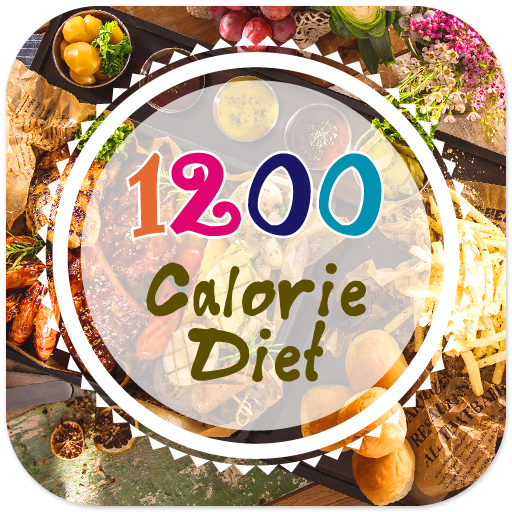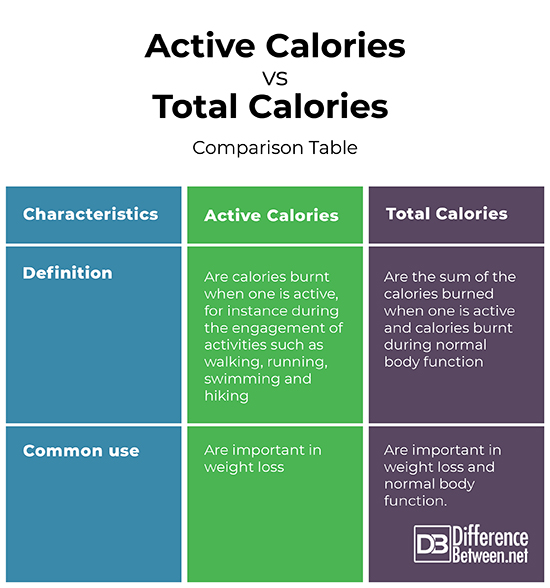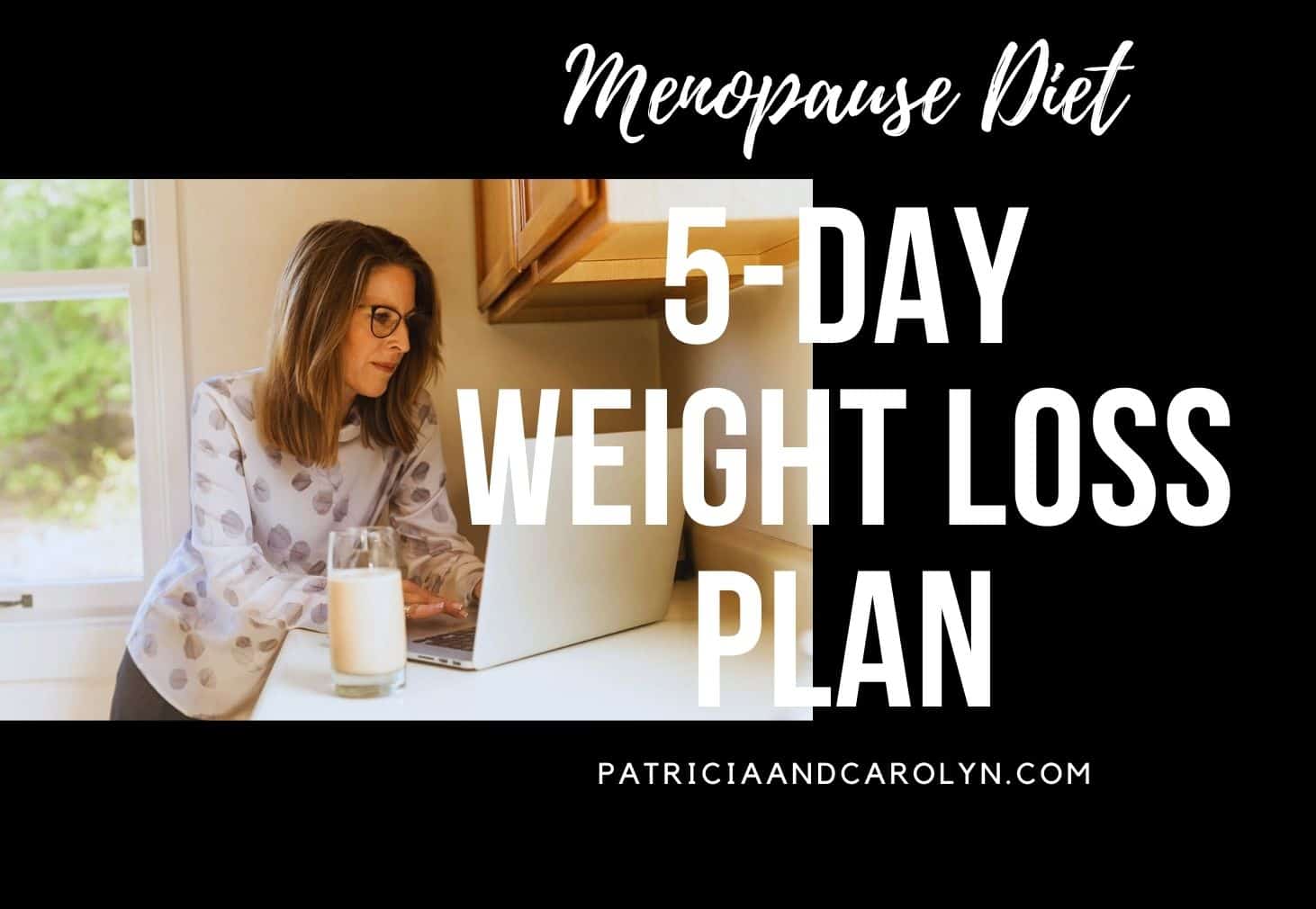
There are several dietary reasons to pee out fat cells. This article will explain these reasons, as well the signs of hematuria or kidney disease, and stone symptoms. After that, we'll examine the underlying cause for the phenomenon of peeing out fat cells. Finally, we will discuss how to recognize hematuria in those who have it. If you notice that your urine is cloudy or consists of white or yellow scum, you may be experiencing hematuria or kidney stones.
Dietary reasons for peeing out fat cells
You might be curious about the reasons behind peeing out fat cells. The kidneys and the urethra are responsible for excreting fat cells. These organs filter blood to eliminate waste from the body before it causes damage. Fat is broken down by chemical reactions. These chemical reactions release hydrogen, oxygen and carbon. The kidneys are the only way water leaves the body. A constant stream of water could be an indication to drink more fluids.

Signs of kidney disease
A sign of kidney disease is proteinuria. This could be due to a malfunctioning filtering mechanism. This can lead to blood and protein clumping together in your urine, which could cause a stroke or heart attack. A urine test is the first thing you should do if there is protein in your urine. You should consult a nephrologist if you are concerned about this condition.
Signs of kidney stones
You may have kidney stones if you start to pee out fatty matter. Although kidney stones are often painful, the pain may not last. Early diagnosis is crucial, as treatment can help prevent the stones from becoming larger and causing more pain. A doctor may order an intravenous (IVP) xray. This involves a series of xrays taken through the catheter following an injection of contrast dye. The images are used to help doctors identify any obstructions or tumors as well as check the flow of blood to the kidney.
Signs of hemoturia
A patient experiencing blood in their urine (hematuria) should see a doctor for further evaluation. Generally, this condition is caused by leakage of red blood cells from the urinary tract. This condition can signal a medical problem that is either undiagnosed or untreated. It can be diagnosed with a urine test. Frequent urination may disrupt an individual's sleep, work, and hobbies. It can also impact a person's mood.

Signs of cancer
The bladder is a hollow organ found in the lower belly. It can be filled with fat cells that are often indicative of cancer. Lamina propria is a tissue that makes up the lining. This tissue is called lamina propria. Cancerous cells may invade the lining and grow into the muscle layer. Tumors at T2 and higher are classified as muscle-invasive. They spread to the fat around the bladder at T3 or higher. They can spread to other parts of the body.
FAQ
Is there any difference between intermittent fasting and calorie restriction?
Calorie restriction can be defined as eating less than your body needs. Intermittent Fasting is different in that it doesn't restrict calories. Rather, it focuses on eating fewer calories throughout the day.
Intermittent fasting works better because it allows for you to enjoy your favorite foods without feeling guilty.
Both methods have pros and cons. You will need to decide which method is best for you.
How long should I fast intermittently to lose weight
It's not as easy to answer as you might think. A number of factors need to be considered when determining how many days of fasting are needed for optimal fat loss. These factors include:
-
Your age. If you are younger than 40, intermittent fasting might be too difficult because you have less time for recovery after each fast. However, intermittent fasting may be too difficult for older people (over 60) who might not have the energy to continue a long period of daily fasting.
-
Your current body composition. Longer periods of fasting are more beneficial if you have a lot muscle mass. However, if you have little muscle mass, then shorter periods of fasting may be better suited for you.
-
How active you are. If you exercise regularly, you may need to extend your fasting window to ensure that you still get adequate rest between workouts.
-
Your health history. Some people with medical conditions like diabetes, heart disease, cancer, etc., may require additional fasting monitoring.
-
How well do you tolerate stress? Stress can cause us to eat more. You may need to extend your fasting times in order to avoid this problem.
-
It is the type of diet you are following. Certain diets, like ketogenic diets, may require even longer fasting periods.
-
How much sleep you get. Also, a lack of sleep has been linked with increased appetites and decreased metabolism. It may take some trial and error before you find the right combination.
-
The amount of protein you consume. The ability to stabilize blood sugar levels. Eating more protein can lead to lower insulin levels. This would allow one to fast for longer periods.
-
It doesn't matter if you want to gain or lose fat, those who are trying for weight gain will often require longer fasting periods.
-
What percent of your daily calories are you consuming during your fasting time? Fasting for fewer calories per days may lead to greater fat loss than fasting with more calories.
-
Your overall fitness. Faster people are more likely to be fit, and burn more calories during the day.
-
Your gender. Men are more hungry than women so they may have to fast for longer periods. Women are more likely to have smaller appetites and may need to fast only 20-30 minutes every day.
-
Your lifestyle. Are you someone who does a lot of exercise? Do you work out several times a week? Do you have a job that requires you to sit at a desk all the time? All these factors can have an impact on how much time you should speed.
-
What amount do you spend on food each month? You don't have to spend much on groceries to eat healthy food. It's possible to save money by purchasing whole grains rather than white bread, fruit instead of candy bars, lean meats instead fatty cuts, and fruits instead of candy.
-
It is vital that you control your hunger. You might not have to fast as much if your hunger isn't a problem.
How often are people quick?
Most people who follow a ketogenic diet fast once per week. Others fast twice per semaine. Some others fast three days per week.
The length of each fast varies too. Some people fast 24 hours, while others fast 48 hours.
Some people go on for more than 72 hours. However, these extreme cases are rare.
How can busy people lose excess weight?
You can lose weight by eating less and moving more.
You will gain weight if your eat too much. You will also gain weight if your exercise is not enough. If you combine these two simple behaviors, you can lose weight.
Can intermittent fasting interfere with my sleep?
Intermittent fasting is a good thing for your sleep. If you skip meals, your hunger hormones will increase. This can lead to you waking up early in the morning.
Experts recommend skipping breakfast. Instead, experts recommend eating light snacks before bed.
If you're still hungry after this snack you can have a small meal right before going to sleep.
However, you should not overeat. If you do this, you might gain weight instead of losing it.
Why lose weight when you are 40 years old?
Maintaining health and fitness is the most important thing for people over 40. It is crucial to find ways that you can stay fit throughout your entire life. This means regular exercise, healthy eating habits, not smoking, moderate alcohol intake, and regular exercise.
It is also crucial to recognize the fact that our bodies age. Our bones start to weaken, and our muscles start to shrink. You can slow down the aging process if you take care of yourself.
As we age, there are many advantages to being healthy and fit. These are some of the benefits:
-
Better sleep
-
Improved moods
-
Increased energy levels
-
Lower risk for cancer
-
A longer life
-
More independence
-
More sex
-
Improved memory
-
Improved concentration
-
Better circulation
-
Stronger immune system
-
Fewer aches and pains
What can I eat while on intermittent fasting in order to lose weight?
The best way to lose weight is to cut out carbs. This means avoiding bread, pasta, rice and potatoes as well as other carbohydrate-based foods.
It is important to eat less protein, as it will keep you fuller longer. So you won’t feel hungry as often.
Focus instead on healthy fats such as avocado, olive oil, nuts, seeds, and peanut butter. These foods help keep you satisfied for hours after eating them.
It's important to make sure you're drinking plenty of water, too. Water helps you stay hydrated, which makes it easier to burn fat.
This could be because you find you really crave these foods when fasting. You don't have to cave to your cravings. If you do that, you may gain more weight then you lose.
You can avoid overeating by being mindful of how much water you consume each day. You can sip water instead of reaching out for another snack when hunger strikes.
This might sound counterintuitive, but it's actually been proven to help you slim down. According to a study published in Obesity, participants consumed fewer calories if they drank plain water rather than sugary beverages.
Plain water was also shown to reduce hunger. Don't drink sweetened beverages if your goal is to lose weight. Stick to water.
To lose weight, you don’t have to count calories or restrict certain foods. Instead, you should make small lifestyle changes.
Try swapping out your usual breakfast sandwich in favor of a bowl o' oatmeal. Consider swapping out your afternoon cookie in favor of a piece if fruit.
These simple swaps can add up over time to help you shed excess weight without spending hours in your kitchen.
Statistics
- Another study found that 24 weeks of weight training led to a 9% increase in metabolic rate among men, which equated to burning approximately 140 more calories per day. (healthline.com)
- It's estimated that half of all American adults attempt to lose weight every year (1Trusted (healthline.com)
- According to Harvard Health, it's estimated that a 155-pound (70-kg) person burns roughly 112 calories per 30 minutes of weight training (5). (healthline.com)
- One study in 9 active men found that HIIT burned 25–30% more calories per minute than other types of exercises, including weight training, cycling, and running on a treadmill (18Trusted Source (healthline.com)
External Links
How To
9 natural ways to lose weight
Weight loss is a common problem faced by many people around the world. If you are always trying to lose weight, it's difficult to maintain healthy living. While there are many ways to lose weight such as exercise and diet, they don't always work.
I will be sharing some natural ways to lose fat without side effects today. Let's start!
-
Lemon Water Lemon water is a great way to detoxify your body. This drink will detoxify your system and make you feel more energetic throughout the day. This drink can help you lose weight.
-
Eat more vegetables. Vegetables are rich in fiber, vitamins, minerals and antioxidants that are vital for our health. They also provide us with a feeling of fullness. Eating vegetables can help you lose weight.
-
Increase Protein Intake. Protein is an important nutrient that plays an important role in building muscles. A high-protein diet is a good way to build lean muscle and lose weight.
-
Consume Green Tea. Green tea contains caffeine. It reduces appetite as well as increases metabolism. Research has shown that caffeine can increase thermogenesis, or the process by which heat is created. Thermogenesis is what makes coffee drinkers more likely to consume less fat than non-coffee drinking counterparts.
-
Use Cold Showers. Take cold showers to burn more calories. Research shows that cold showers have up to 50% less calories than warm showers.
-
Avoid Alcohol. Alcohol is considered a stimulant and often leads to overeating. Drinking alcohol regularly can lead to weight gain.
-
Do Cardio Exercise Daily. Cardiovascular exercise is proven to help you lose weight. It improves blood circulation, boosts energy levels, and keeps you fit. You can walk, run, swim, cycle, swim, ski, bike, hike, dance, row, or just do some of the other activities.
-
Avoid skipping meals Eating small meals throughout the day rather than three large meals can help you control your hunger pangs. Avoiding meals can lead to fatigue and a lack of concentration.
-
Reduce Sugar Consumption. Sugar is addictive. It can affect your mood. Sugar temporarily gives you energy, but once you stop eating sugar you will feel tired and slow.